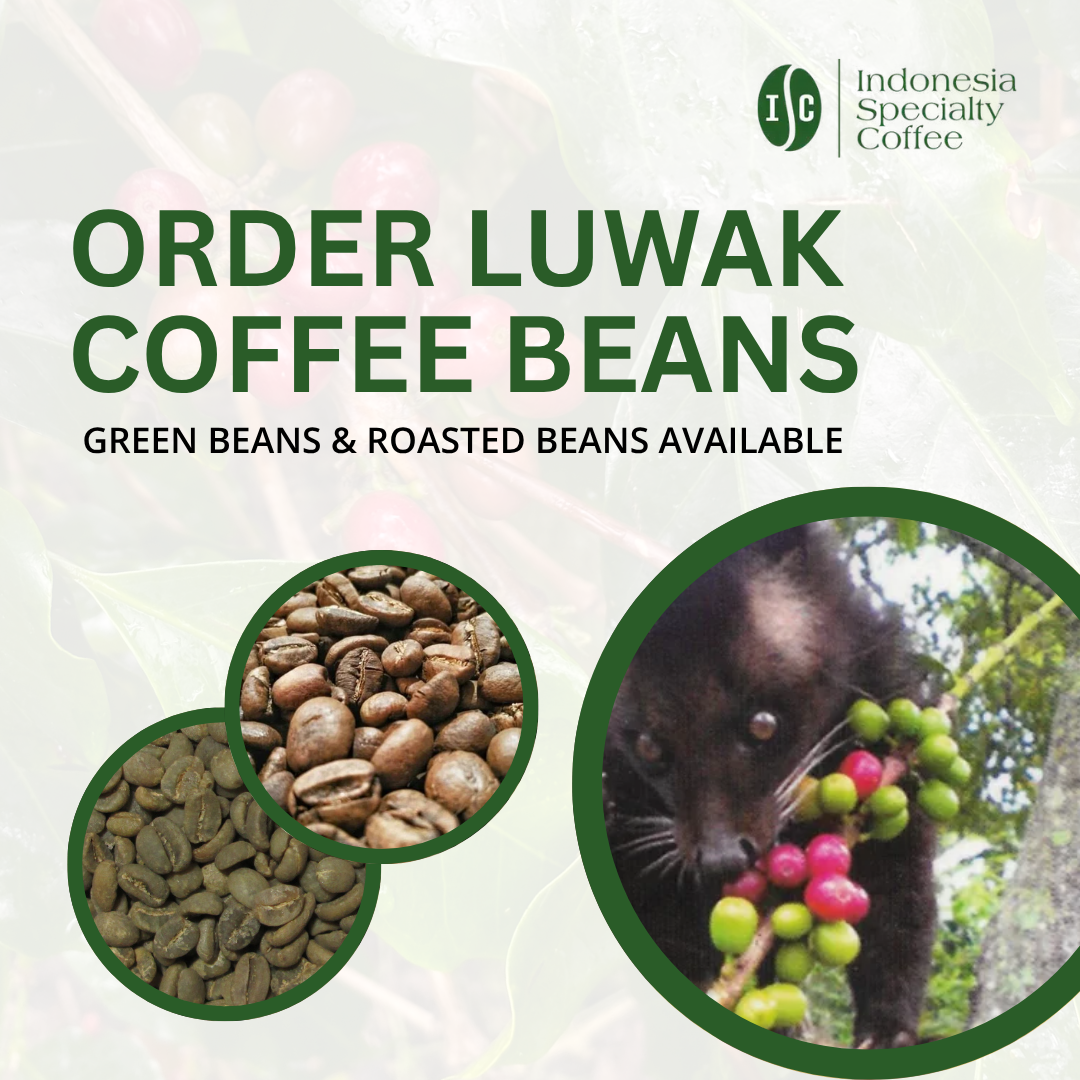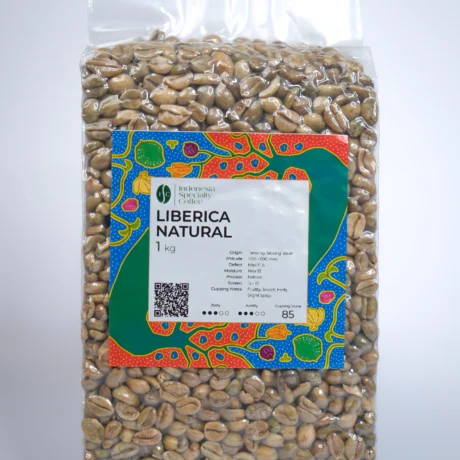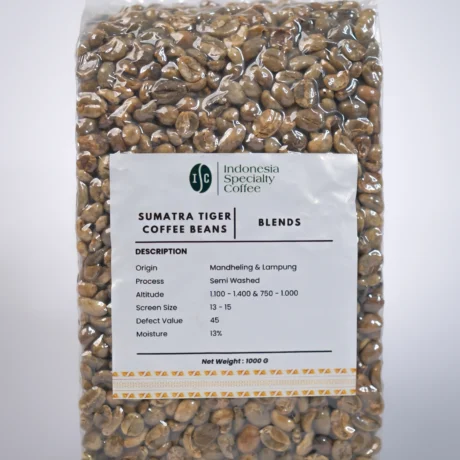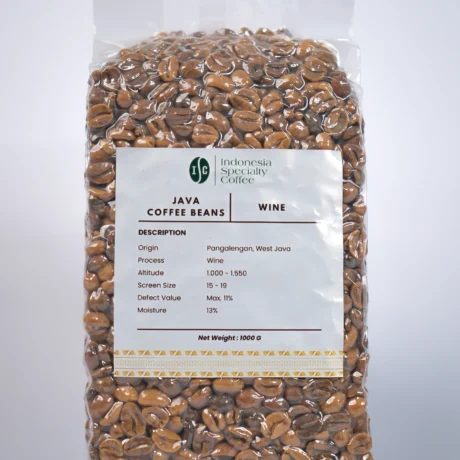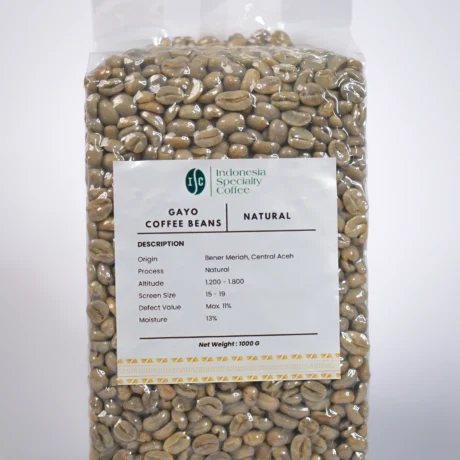Unpacking the Impact of Popular Drinks on Young People’s Kidneys
The enticing aroma of coffee is a daily ritual for many, and with the explosion of trendy beverages like boba tea, young people are constantly sipping on something sweet. This pervasive culture of sweetened drinks, however, is raising a critical health concern: their potential impact on kidney health.
While a simple cup of black coffee might offer surprising benefits, the alarming rise in chronic kidney disease (CKD) among younger demographics urges a closer look at how our favorite beverages, especially those laden with sugar, could be silently damaging our kidneys.
The Nuance of Coffee: From Protective Brew to Potential Pitfall
Recent scientific evidence paints a nuanced picture of black coffee consumption. For most healthy individuals, moderate intake appears to be beneficial for kidney function:
Lower Risk of Chronic Kidney Disease (CKD):
A significant meta-analysis by Cai et al. (2022), titled “Coffee Consumption and Risk of Chronic Kidney Disease: A Meta-Analysis of Prospective Cohort Studies”, found an inverse association between coffee intake and CKD risk. Some findings suggest that just one to three cups daily could lower the risk by up to 18%, with each additional cup potentially reducing incident CKD risk by around 3%.
Reduced Risk of Acute Kidney Injury (AKI):
Research from Johns Hopkins Medicine, specifically a study by Rhee et al. (2022) published in Kidney International Reports under the title “Association of Coffee Intake with Incident Acute Kidney Injury”, observed that consuming at least one cup of coffee a day might reduce the risk of AKI. The largest reductions (22%-23%) were noted in those who drank two to three cups daily.
Improved Kidney Function and Lower Mortality in CKD Patients:
Coffee’s rich antioxidant profile, particularly compounds like chlorogenic acid, is believed to contribute to these protective effects. For individuals already diagnosed with CKD, moderate coffee consumption has even been linked to a lower mortality rate, as highlighted in studies such as “Coffee Consumption and Mortality in Patients with Chronic Kidney Disease: A Prospective Cohort Study” by Lopes et al. (2020) in the Journal of Renal Nutrition.
You May Like This Coffee
The Silent Epidemic: Sugar-Sweetened Beverages and Kidney Damage
The primary culprit behind the increasing prediction of kidney problems in young people lies in the pervasive consumption of sugar-sweetened beverages (SSBs). This includes not just sodas, but also sweetened coffee concoctions, boba tea, and milk tea. These drinks contribute significantly to kidney damage through several pathways:
Diabetes: The Primary Pathway to Kidney Damage
Excessive sugar intake is the leading driver of Type 2 Diabetes, which is unequivocally the number one cause of CKD and end-stage renal disease (ESRD). High blood sugar levels directly inflict damage on the delicate blood vessels within the kidneys, progressively impairing their filtering capabilities. “We are seeing younger and younger patients diagnosed with Type 2 Diabetes, directly linked to their high sugar diets,” states Dr. Budi Santoso, a nephrologist at the Regional General Hospital. “This inevitably puts their kidneys at severe risk.”
Obesity: An Independent Risk Factor
SSBs are calorie-dense but nutrient-poor, contributing significantly to weight gain and obesity. Obesity is a well-established independent risk factor for CKD, as it can lead to conditions like hypertension and insulin resistance, both of which stress kidney function. The meta-analysis by Wang et al. (2018), titled “Obesity and Risk of Chronic Kidney Disease: A Systematic Review and Meta-Analysis of Prospective Cohort Studies” published in Obesity Reviews, firmly established this link.
Kidney Stones: A Growing Concern
Perhaps one of the most immediate and alarming consequences for young consumers of SSBs is the increased risk of kidney stone formation. Emerging research and clinical observations suggest a strong link. High sugar intake can lead to concentrated urine and elevated urinary calcium, creating an environment conducive to stone formation. There have been concerning reports, particularly in Asia where bubble tea is highly popular, of young individuals developing multiple kidney stones, with doctors directly attributing it to their consistent consumption of these sugary concoctions over plain water. A study by Tasali et al. (2009) in the Journal of Clinical Endocrinology & Metabolism, titled “Dietary Fructose and Uric Acid Production”, showed how fructose, a common sugar in SSBs, can increase uric acid, a component of some kidney stones.
Additives in Popular Drinks:
Milk (in excess for vulnerable kidneys): While milk is generally healthy, for those with pre-existing kidney conditions, the potassium and phosphorus content in milk can be problematic as damaged kidneys struggle to filter these minerals effectively.
Creamers and Syrups: Many commercial creamers and flavored syrups found in popular coffee and tea beverages are not only loaded with added sugars but also contain unhealthy fats and chemical phosphates. These phosphates are readily absorbed and can elevate phosphorus levels, a concern for kidney health, particularly in CKD patients.
A Call for Awareness and Healthier Choices
The prediction of kidney problems among young people is not mere speculation; it’s a consequence of evolving dietary habits dominated by convenience and sweetness.
Can Coffee Affect Kidney Health? The scientific evidence is clear: while black coffee in moderation offers potential kidney benefits, the pervasive consumption of high-sugar beverages like sweetened coffee, boba tea, and milk tea poses a significant and growing threat to renal health.
“It’s crucial for young people and their families to understand that what they drink daily has a profound impact on their long-term health,” emphasizes Dr. Santoso. “Prioritizing plain water and drastically reducing the intake of all sugar-sweetened beverages is perhaps one of the most effective steps they can take to protect their kidneys for the future.”
As the world celebrates vibrant beverage cultures, it’s paramount to integrate health consciousness into these choices, ensuring that the sweetness of today doesn’t lead to the bitterness of kidney disease tomorrow.


